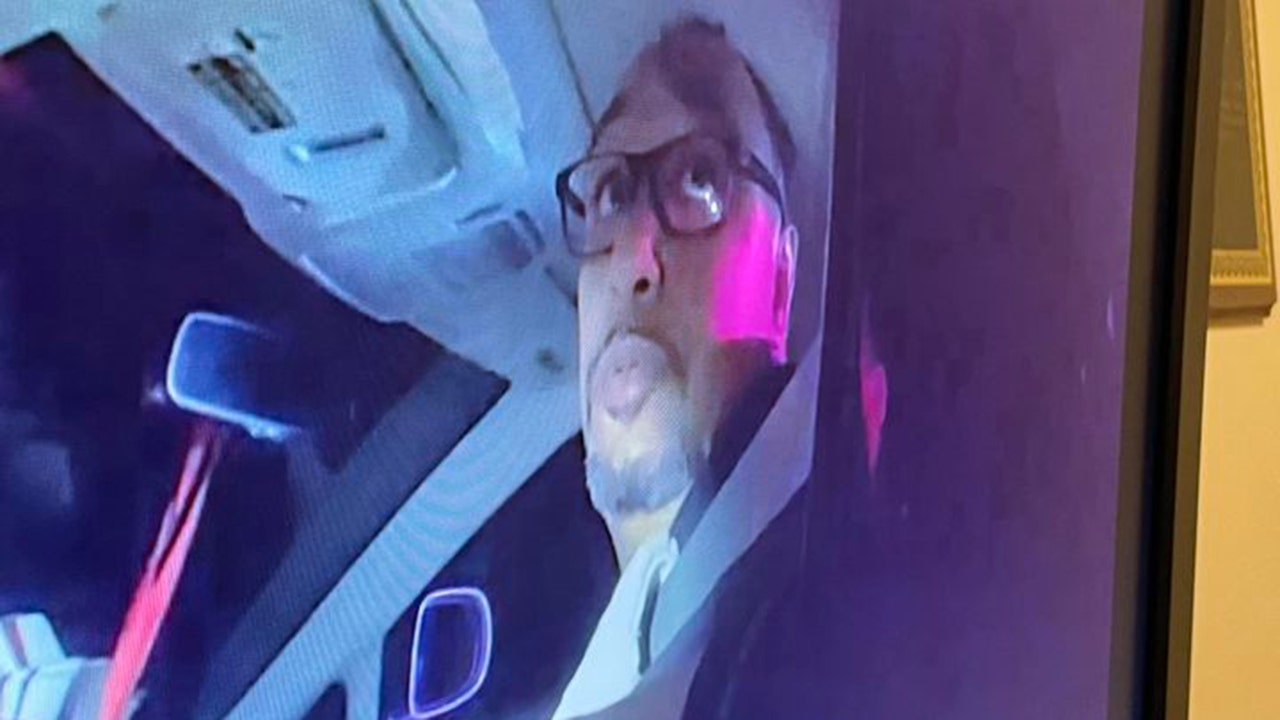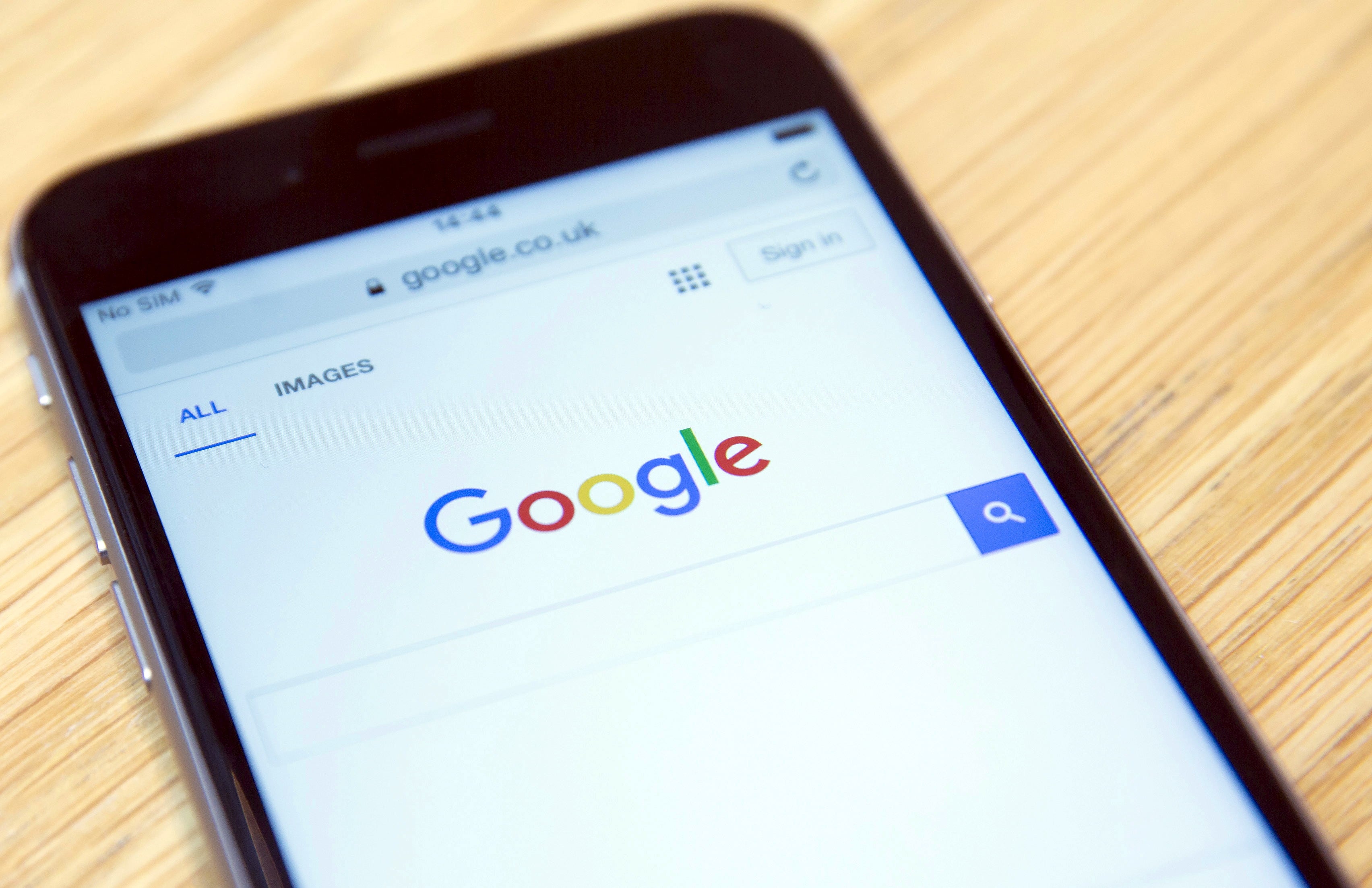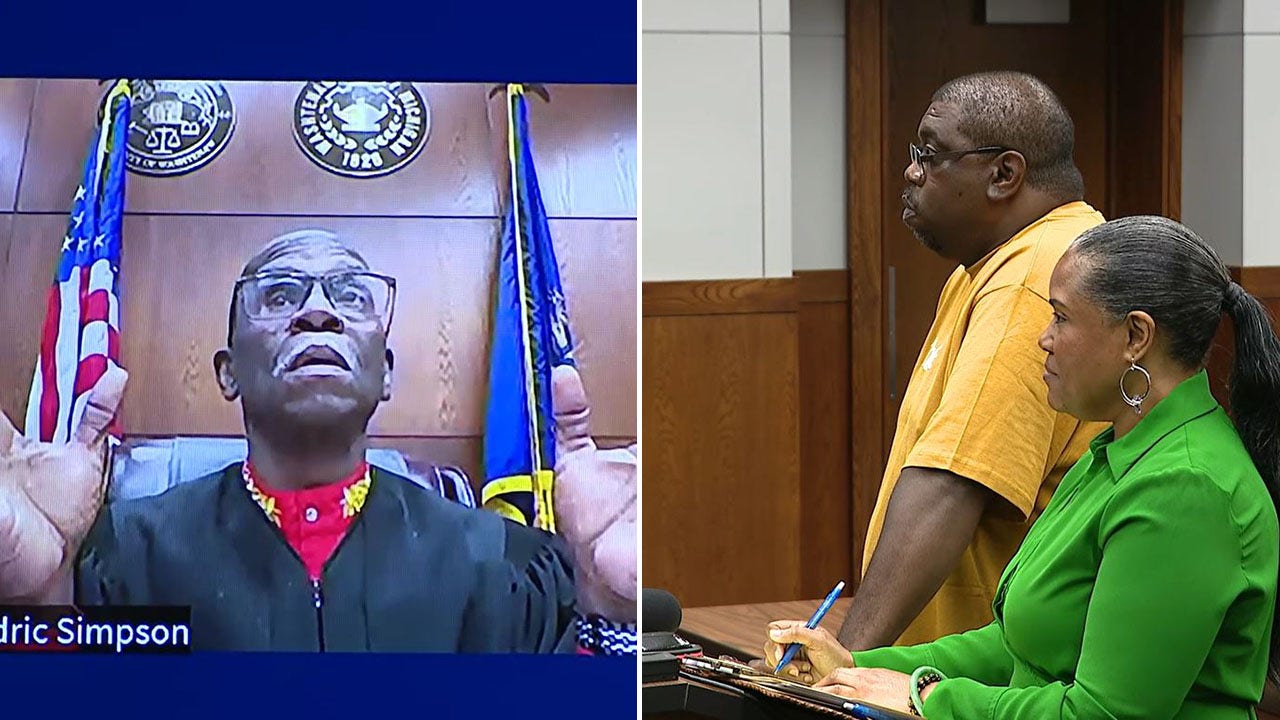Two Black Republican House members and Trump surrogates reserved a cigar bar near downtown Philadelphia last week and invited conservative organizers and Trump-curious Black voters to smoke and sip cognac.
Some Democrats denounced it as a crass play, rooted in stereotype. But the event was geared toward a demographic that Republicans — and especially former President Donald J. Trump’s campaign — see as one they can cut into just enough to win in November: Black men.
The effort has led to a series of awkward — and what some say are offensive — episodes of political theater. Mr. Trump has marketed gold sneakers to young men of color. He has suggested that his conviction on felony charges makes him more relatable to Black voters. And he has campaigned with rappers facing charges of gang murder and weapons possession.
Mr. Trump’s allies say that his critics are missing the point: The Republican Party, which was nearly 60 percent white as recently as 2022, according to exit polls, isn’t trying to appeal to every Black voter. It needs just enough Black support to undermine President Biden’s bedrock coalition.
“We’re not going to get everyone. The goal here is not to get the majority,” said Representative Wesley Hunt of Texas, the co-host of the cigars-and-cognac event. “The goal here is to get to that 25 to 30 percent of the Black male vote.”
That notion, once considered far-fetched, is not out of the question now. A May New York Times/Siena College poll of battleground states showed 23 percent of Black voters supporting Mr. Trump, a record level. The former president won roughly 12 percent support from Black men in 2020, according to exit polls. And a Pew Research Center report in April showed a slight uptick in Black men who identify as Republican in 2024 compared to 2020.
If the G.O.P. can build on those gains over the next few months, Mr. Hunt added, “This election is going to be over.”
Mr. Hunt said the campaign was targeting disaffected Black and Latino voters who are frustrated with politics and specifically with the Democratic Party, which has counted Black voters among its most loyal voting blocs for decades. It has pushed conservative messages on the economy and immigration as issues that are directly relevant to Black voters.
Republicans have announced a blitz of initiatives aimed at delivering this message. Mr. Hunt and Representative Byron Donalds, a Republican of Florida — who co-hosted the event and has been discussed as a potential running mate for Mr. Trump — said they planned to arrange more gatherings for Black voters in battleground states this year. Senator Tim Scott, a Republican of South Carolina, announced that his PAC would lead a $14 million initiative to persuade Black and Latino voters to support Republicans.
Still, the week also demonstrated the challenges Republicans face in communicating to Black voters. The Trump campaign opened an office in Philadelphia on June 4 with a “Black Voters for Trump” event, but the office is in a heavily white and Democratic neighborhood in the city and the event drew a mostly white crowd. And though some 100 people attended the event hosted by Mr. Hunt and Mr. Donalds that night, the biggest story to emerge from the evening came from Mr. Donalds himself, who suggested that the Jim Crow era had held some upside for Black families.
On Thursday, Mr. Donalds said his comments were referring to a broader trend he has observed of young Black voters migrating to the Republican Party because, he argued, it aligns more with their values. The Democratic policies that followed the Jim Crow era, he said, harmed Black families.
Democrats have mounted a defensive strategy, trying to appeal to Black men by highlighting the policies the Biden administration has passed on their behalf and underlining Mr. Trump’s past comments about Black communities.
Mr. Trump has a history of making racist statements, perhaps most notoriously in questioning Barack Obama’s birthplace and citizenship and Kamala Harris’s eligibility for the vice presidency. He called for the death penalty for the Central Park Five, the group of young Black and Latino men who were wrongly convicted of rape in 1989. Following a white nationalist rally in Charlottesville, Va. in 2017, he said there were violence and hate on “many sides.” He condemned protesters marching for racial justice following George Floyd’s murder in 2020 and threatened to shoot them.
“Donald Trump has been doing what he’s always done: perpetuating racist stereotypes while having no Black outreach program to speak of,” said Jasmine Harris, the Biden campaign’s Black media director, in a statement. “Joe Biden is clearly the only presidential candidate in this election who cares about earning our votes and delivering for us and our families.”
During the Philadelphia cigar bar event, a nearly two-hour discussion moderated by the former sports reporter Michele Tafoya, attendees settled into plush leather couches as Mr. Hunt and Mr. Donalds discussed a range of issues that hinged more on culture and grievance than on policy.
In between puffs of cigars and sips of Hennessy, the congressmen argued that Black voters had long been too beholden to Democratic candidates and criticized Democrats’ handling of the economy, the flow of migrants across the U.S.-Mexico border and public safety issues.
Mayor Cavalier Johnson of Milwaukee, a Biden ally and the city’s first Black elected mayor, said he regularly talked with Black men in his city about voting, as he is concerned about increased Republican outreach to Black men. Still, he said, he didn’t think the G.O.P.’s conversations would have much sway with voters.
“I think that Republicans have an effort,” he said. “But I think that Black men and Black people generally are more sophisticated than what the Republican effort is laid out to be.”
Mr. Hunt said that Black voters cared less about the policy promises that Democrats have made in light of their current economic struggles.
“Giving money to historically Black colleges and universities, that’s great,” he said, pointing to his parents’ degrees from Southern University, the historically Black institution in Louisiana. “But what’s that got to do with inflation right now? They would much rather be able to afford to live every day than worry about what an H.B.C.U. gets right now.”
Democrats maintain that they are continuing to engage Black voters not only to generate enthusiasm for Mr. Biden’s re-election but also to remind them of Mr. Trump’s policies and racist past statements.
The party has opened two dozen offices in Pennsylvania and will launch a $25 million advertising campaign in August targeting Black voters in battleground states. Allied groups have already spent millions on television and digital ads highlighting Mr. Trump’s racist past statements. Mr. Biden has also taped interviews with nearly a dozen Black radio hosts in major cities across the country.
The challenge for Mr. Biden, however, will be making the case to the voters he needs to turn out and support his re-election — a voting base with whom Republicans say they are already making inroads.
“I understand there’s a lot of people in our country — a lot of Black people in our country — who know something is wrong. They just don’t know where to look,” Mr. Donalds said in Philadelphia. “And I’m going to give them a place to look.”
Ruth Igielnik contributed reporting.






